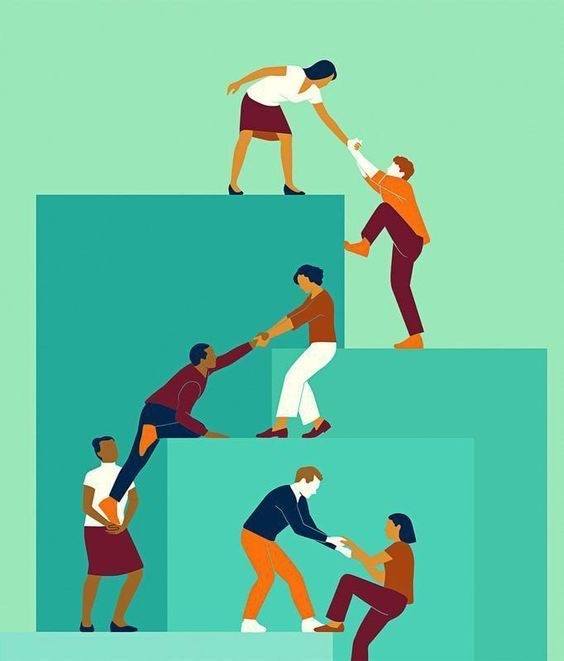
Social Relations and Health Effects
Dozens of studies have shown that; People who have secure and satisfying relationships with family, friends, and community members are happier, have fewer health problems, and live longer. This is due to the fact that, by nature, a human being is a social creature, so this social being often becomes supportive and helpful and gives him/her a sense of connection.
Scientists have found that socializing helps reduce harmful levels of stress, while chronic stress can damage our physical and mental health. On the contrary, caring for others reduces stress-producing hormones on both sides (Receiver and Donor).
Reducing stress is not the only health benefit of having social relationships, but we can learn many healthy habits from those around us and develop them in ourselves.
Some of the situations that can be caused by lack of good social relationships:
- depression and anxiety
- Increased levels of stress and inflammation, which can adversely affect blood vessels, bowel function, insulin regulation and the immune system
- heart disease and cancer
- Late (delayed) recovery from injury, surgery and illness.
- Premature death
How to build and develop social relationships?
- Start with the relationships you have, through visiting people; for example, contacting, asking about and visiting them.
- Try to get closer to your colleagues and make them your friends by finding common ground.
- Participate in group activities that give you the opportunity to meet others.
- Participation in volunteer work.
Health and Safety Awareness Team
Directorate of Health and Safety




